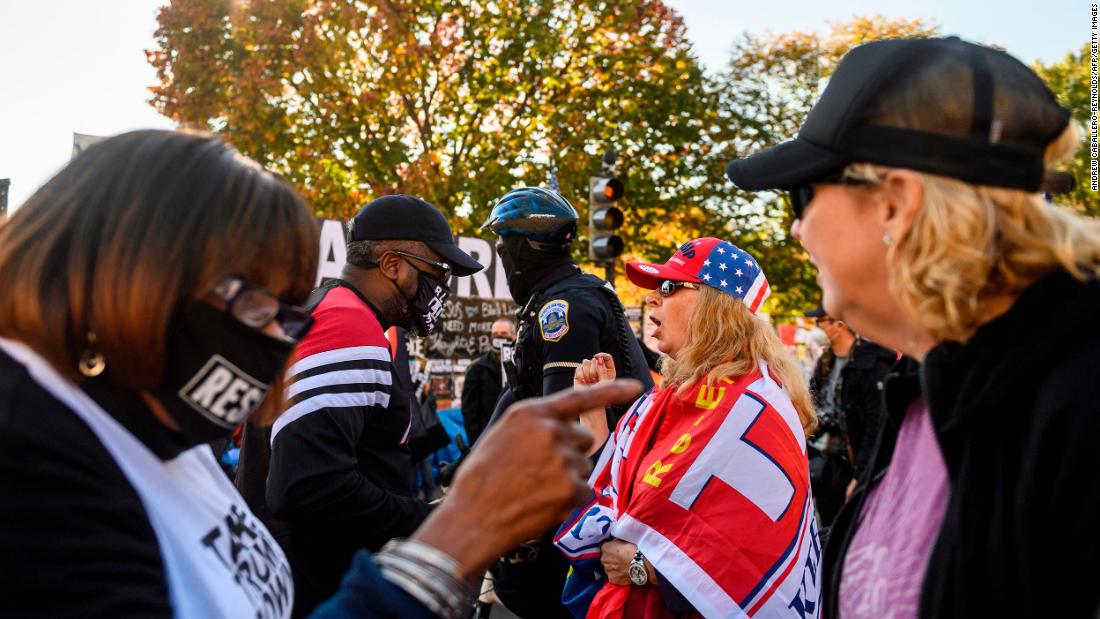
How partisanship is making polling Americans more complicated
CNN
There's something strange about how Americans see the economy these days -- or, at least, how they're describing it to pollsters.
For one thing, there's a stark partisan divide in responses to even factual economic questions. Take an April CBS News/YouGov poll that found Democrats were not only 41 percentage points likelier than Republicans to say that the condition of the national economy was good overall but also 29 points likelier than Republicans to correctly say that the number of jobs in the US had risen over the past year.
There are similar fault lines on concrete questions about people's own behavior and experiences. In a recent CNN poll, Republicans were 22 points likelier than Democrats to say they'd cut back on driving due to economic conditions, and 25 points likelier to report delays in receiving purchases. In another poll taken this spring, Republicans were more than twice as likely as Democrats to say they'd changed their summer vacation plans due to gas prices, 41% to 16%, dwarfing the divides along other demographic lines. And in a Monmouth University poll released late last year, the share of Republicans saying they found it at least somewhat easy to pay grocery bills plunged 38 points from 2019, while the share of Democrats saying the same rose by 7 points.

Days after Eric Adams won the New York City mayoral primary four years ago, he was invited to Washington by then-Speaker Nancy Pelosi to speak to the House Democratic caucus, touted by the chair of the House Democrats’ campaign arm as a model for campaigns around the country, and welcomed at Joe Biden’s White House.





















 Run 3 Space | Play Space Running Game
Run 3 Space | Play Space Running Game Traffic Jam 3D | Online Racing Game
Traffic Jam 3D | Online Racing Game Duck Hunt | Play Old Classic Game
Duck Hunt | Play Old Classic Game










